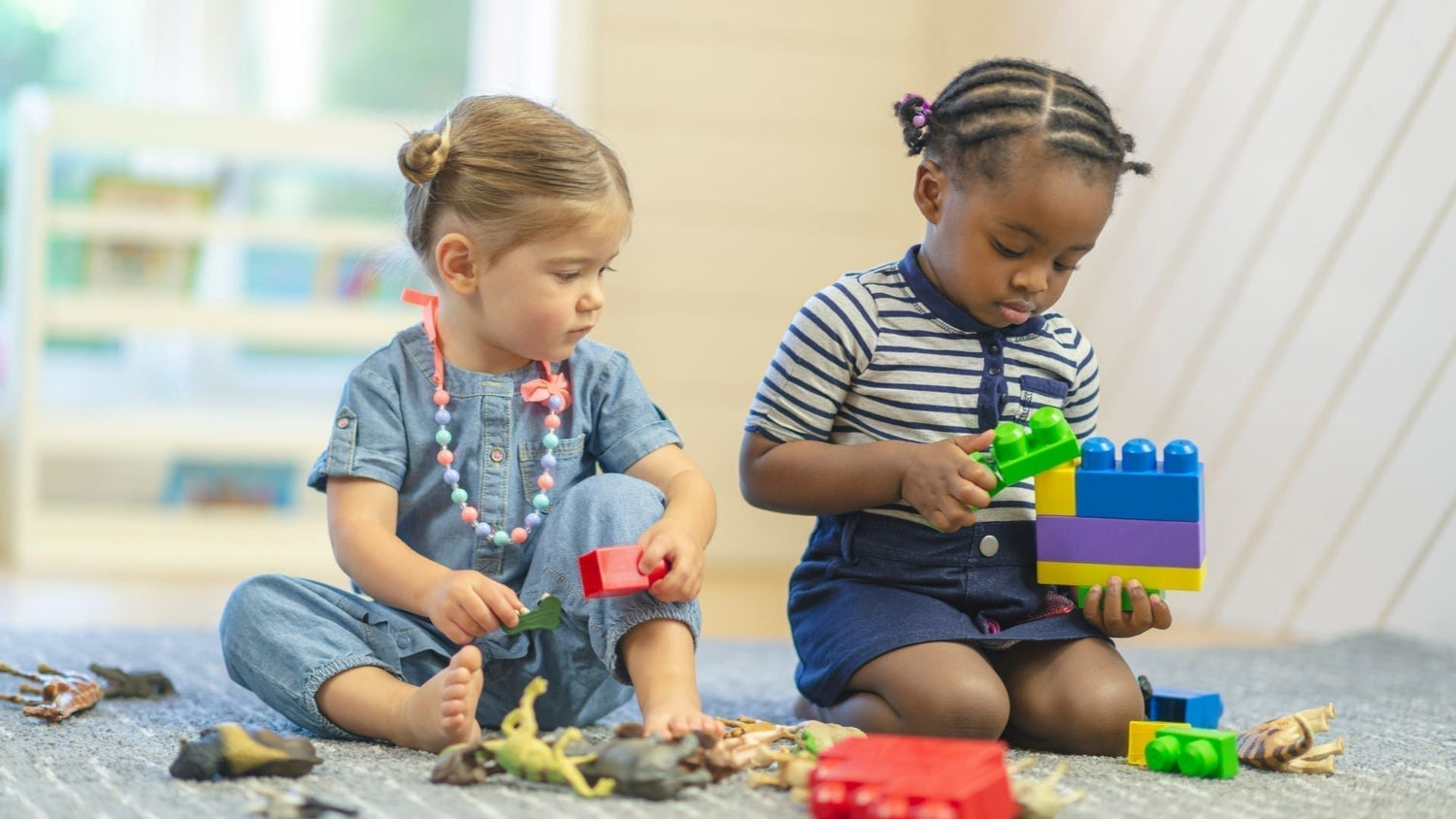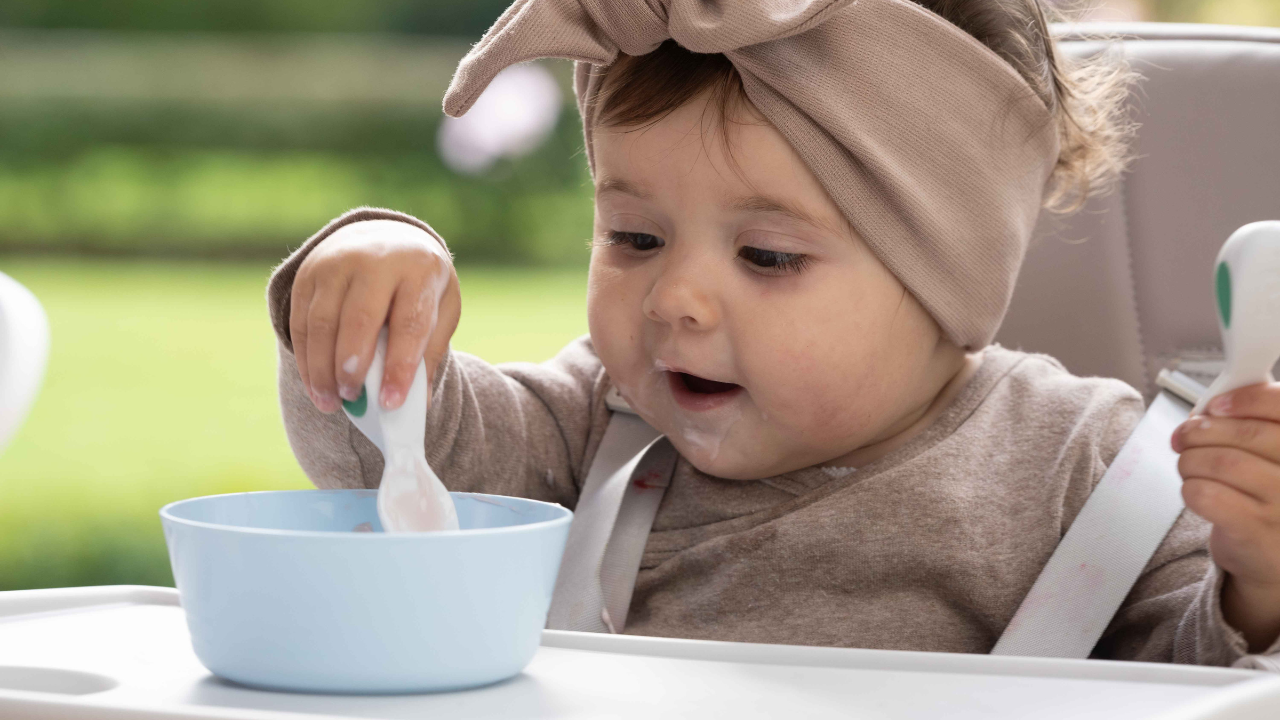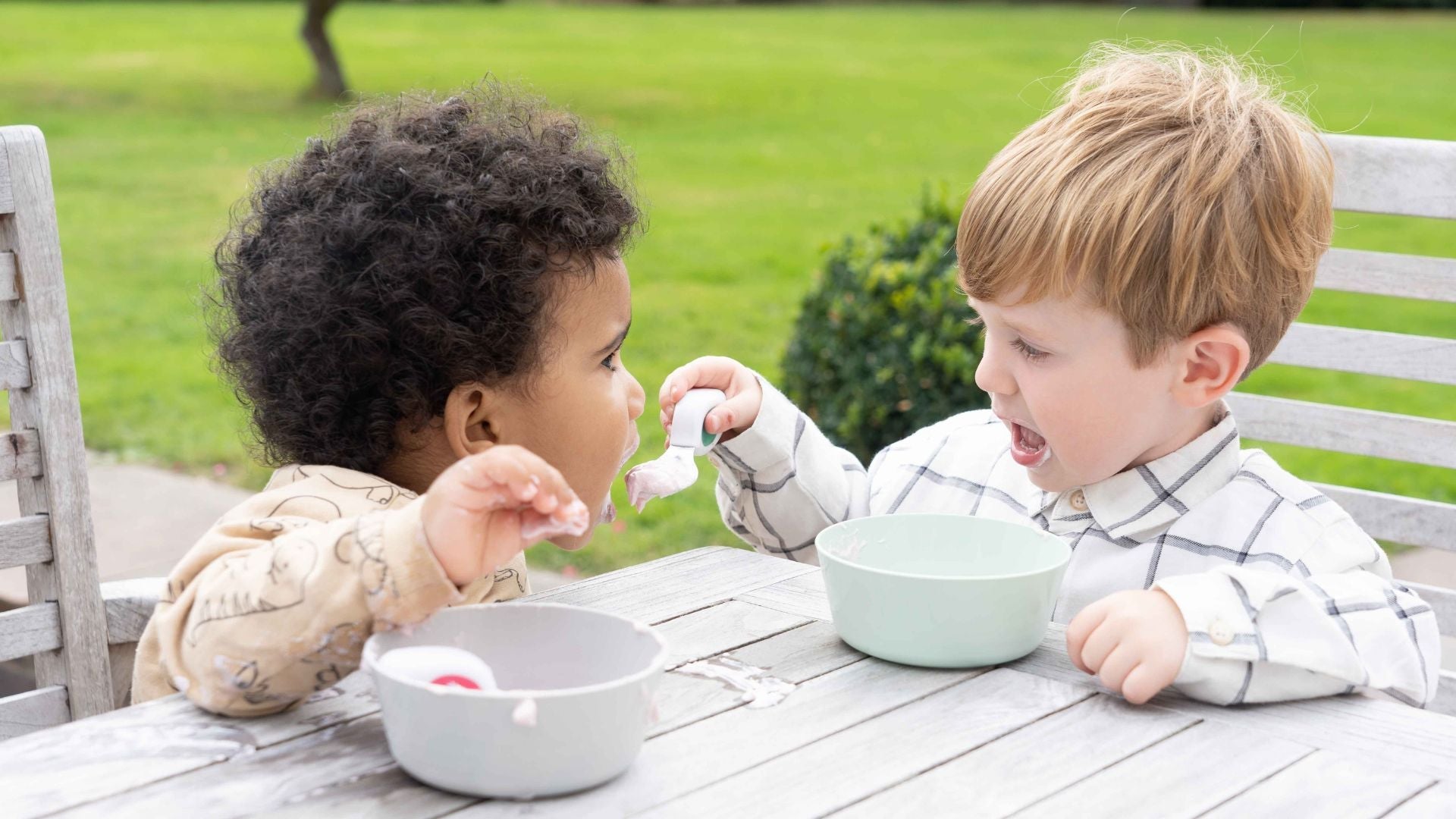Did you know that children spend up to 20% of their time engaged in play? That's a significant chunk of their day dedicated to what might look like "just playing" but is actually crucial developmental work. Through play, children are building the foundation for lifelong social skills and emotional intelligence.
In this guide, we'll explore how different types of play contribute to your child's development, and how you can support this essential aspect of their growth. So, let's dive into the wonderful world of play and discover how it shapes our little ones into socially savvy, emotionally intelligent individuals.
Emotional Development through Play

Play provides a safe space for children to express and understand their emotions. It's like a training ground for feelings, where kids can practice and master emotional skills. Here's how play contributes to emotional development:
- Emotion Expression: Through pretend play, children can act out scenarios that help them process complex feelings. For example, a child playing with dolls might recreate a situation where they felt frustrated, allowing them to explore that emotion in a controlled environment.
- Stress Management: Physical play, like running or climbing, releases endorphins that help reduce stress. It's a healthy way for children to manage anxiety or frustration.
- Building Resilience: Games with rules teach children how to cope with losing and persevere through challenges. This builds emotional resilience, a key skill for future success.
- Self-Regulation: Turn-taking games help children learn to control their impulses and wait for their turn, an important aspect of emotional self-regulation.
By engaging in various types of play, children learn to navigate their emotional landscape, express feelings appropriately, and develop coping mechanisms for life's ups and downs.
Social Development through Play

Play is nature's way of teaching social skills. It's through play that children learn how to interact with others, form relationships, and navigate social situations. Here's just some examples of what children learn through play…
Cooperation, for instance. When children build a block tower together or play team sports, they're learning to work towards a common goal. They share ideas, compromise, and celebrate shared achievements.
Empathy develops through role-playing games. A child pretending to be a doctor treating a patient is actually practicing understanding different perspectives. It's the foundation of empathy and social understanding. Who knew playing "Doctor" could be so educational? (Just don't let them practice with real scissors!)
Communication skills get a workout during play too. Explaining the rules of a made-up game or negotiating roles in pretend play helps children express their thoughts, listen to others, and interpret social cues.
Even disagreements during play serve a purpose. They provide opportunities to practice problem-solving and compromise, preparing children for handling real-life conflicts. So don't worry if your little ones squabble over who gets to be the dragon - they're not fighting, they're fine-tuning their negotiation skills! (Future lawyers in the making, perhaps?)
Through play, children rehearse for adult social interactions in a fun, low-pressure environment. It's not just play - it's preparation for life.
Types of Play and Their Impact

Different types of play contribute uniquely to social and emotional development. Let's explore the various types of play and their specific benefits:
- Solitary Play: While it might not seem 'social', independent play builds confidence and self-reliance. It's often seen in younger toddlers and is a crucial stage in development. Think of it as your toddler's 'me time' - perhaps they're solving a puzzle or having an intense conversation with their favourite stuffed animal.
- Parallel Play: When children play alongside each other without directly interacting, they're still observing and learning social cues. This is common in toddlers and is a stepping stone to more interactive play. Picture two children in a sandbox, each building their own sand castle, occasionally eyeing each other's architectural masterpieces.
- Associative Play: Here, children play similar games near each other and may share toys, but aren't working towards a common goal. It's a great opportunity for learning about sharing and turn-taking. Imagine a group of toddlers all playing with toy cars, occasionally swapping vehicles.
- Cooperative Play: This is where children play together towards a shared goal. It's a complex form of play that involves communication, negotiation, and teamwork. For example, working together to build the world's tallest block tower (and then giggling uncontrollably when it inevitably topples).
- Physical Play: Rough-and-tumble play helps children understand boundaries, read social cues, and develop self-control. Just remember, "No biting" is a pretty important rule here!
The Role of Parents and Caregivers

Your involvement can significantly enhance the benefits of play. Here's how:
- Facilitate, Don't Dominate: Provide opportunities for play, but let your child lead. This encourages creativity and independence. Resist the urge to correct your little one when they're using a banana as a phone - who knows, maybe fruit communication is the next big thing!
- Join In: Participating in play allows you to model social skills and problem-solving strategies. Plus, it's a great excuse to revisit your childhood dreams of being a superhero or a world-famous chef.
- Create a Play-Friendly Environment: Ensure there are safe spaces for various types of play, both indoor and outdoor. Think of it as creating a toddler-sized amusement park (minus the queues and overpriced snacks).
- Encourage Diverse Play Experiences: Expose your child to different types of play and various playmates to broaden their social experiences.
- Use Everyday Moments: Turn routine activities into playful learning experiences. For example, mealtime can be an opportunity for role-play or practicing turn-taking. You might be tempted to step in and 'help' when your little one is pouring imaginary tea for their stuffed animals, but resist! Even if the 'tea' ends up everywhere, it's all part of the learning process. Just maybe keep some real towels handy, just in case.
Remember, you don't need to orchestrate elaborate play scenarios to support your child's development. Simple, everyday interactions infused with a playful spirit can be just as valuable. By being present, engaged, and open to the power of play, you're helping to lay the foundation for your child's lifelong social and emotional skills.
When to Seek Support
While all children develop at their own pace, some signs might indicate a need for additional support:
- Inability to engage in pretend play by age 4
- Consistent preference for solitary play over peer interaction beyond the toddler years
- Extreme difficulty in managing emotions during play
If you notice these signs consistently, it may be worth discussing with your GP or a child development specialist.
Embracing the Power of Play

Play is more than just a way for children to pass the time - it's a crucial tool for social and emotional development. By understanding the types of play and their benefits, you can better support your child's growth.
Remember, every child develops at their own pace, and what's most important is that play remains an enjoyable, stress-free part of their day. So, whether it's building towers, playing house, or enjoying a playful mealtime, know that you're supporting your child's development in the most natural way possible.
Want to dive deeper into creating playful, development-boosting moments with your little one? Check out our tips and advice for more ideas on turning everyday activities into opportunities for growth and fun. From mealtime adventures to bedtime routines, we've got you covered with practical, play-inspired strategies.
Happy playing!




Leave a comment
This site is protected by hCaptcha and the hCaptcha Privacy Policy and Terms of Service apply.